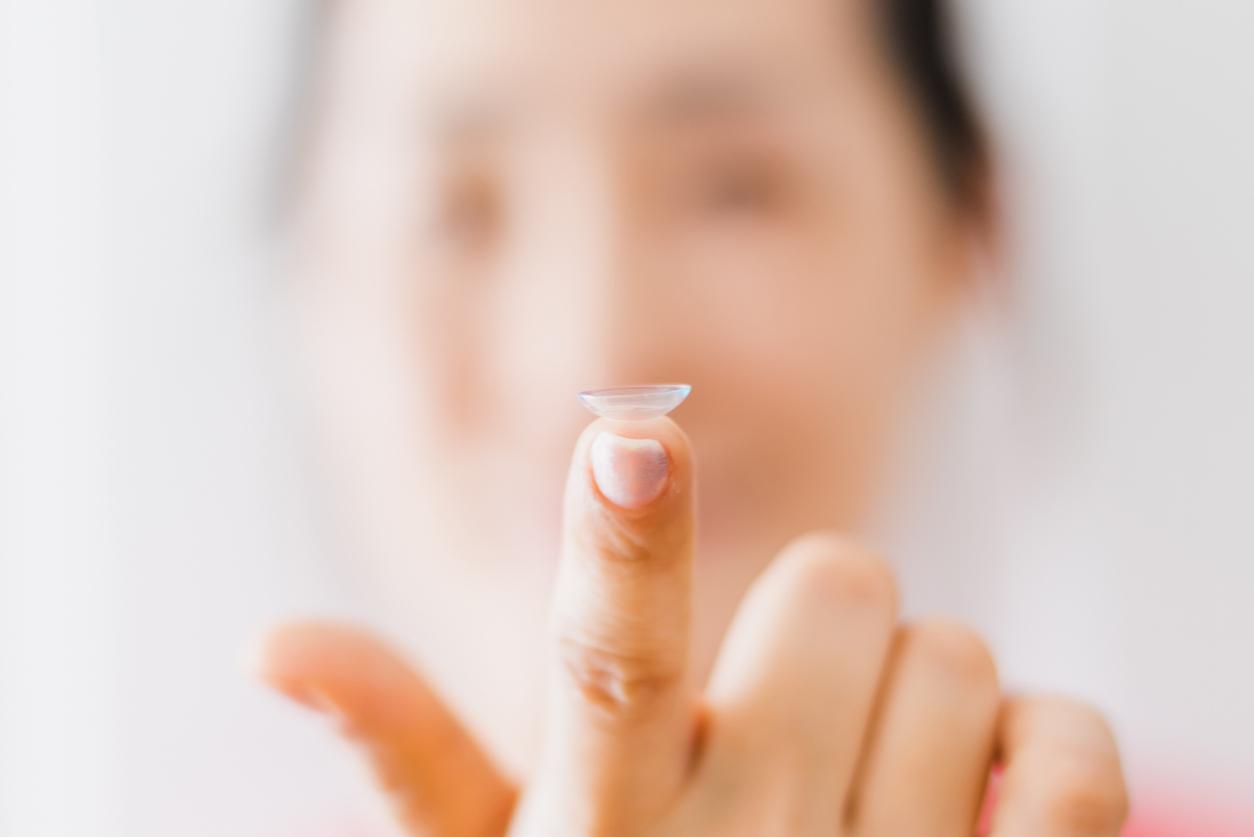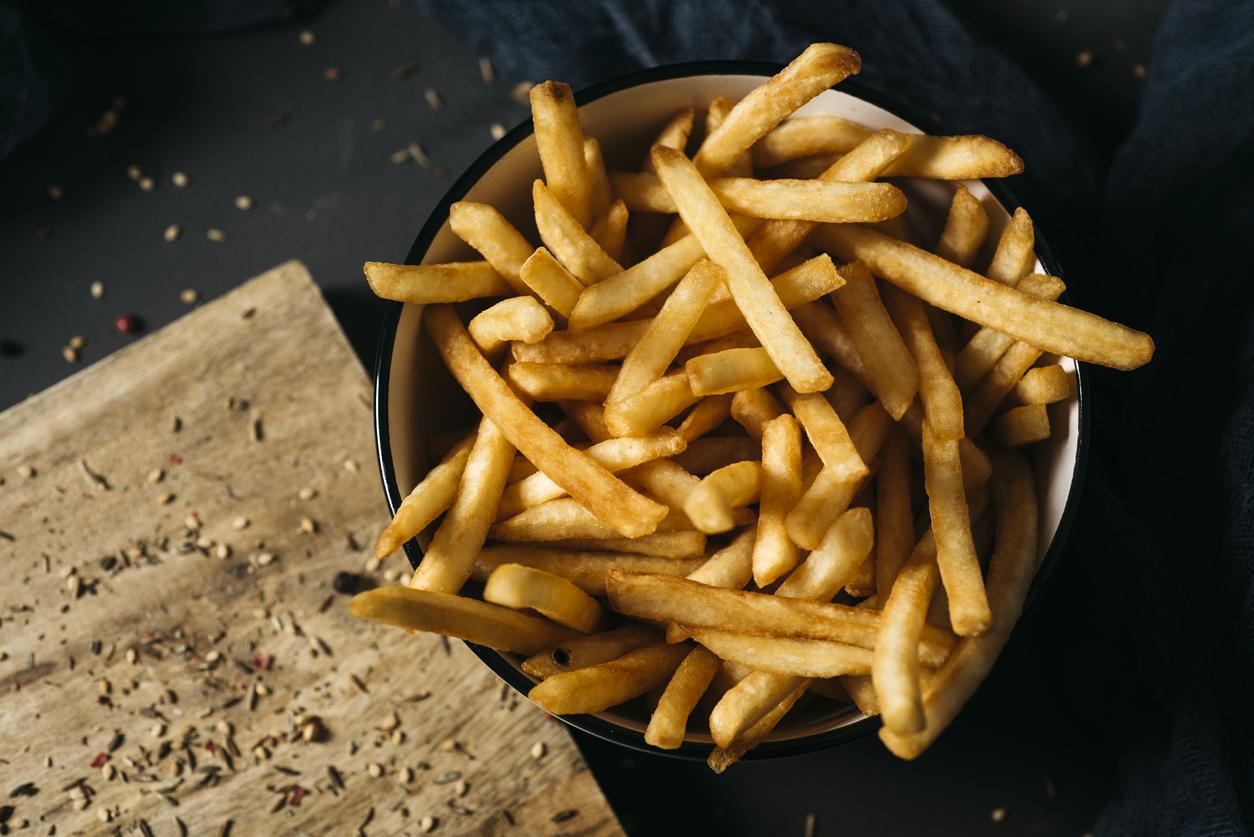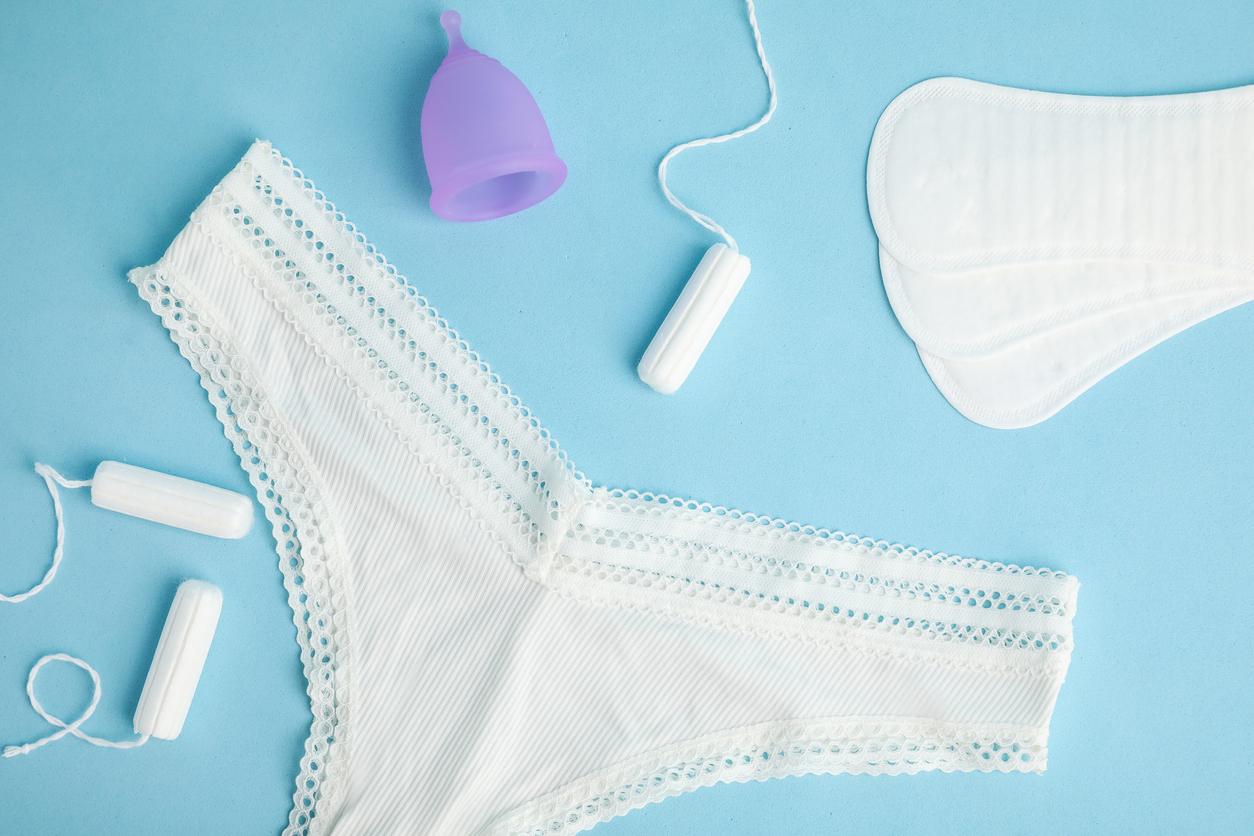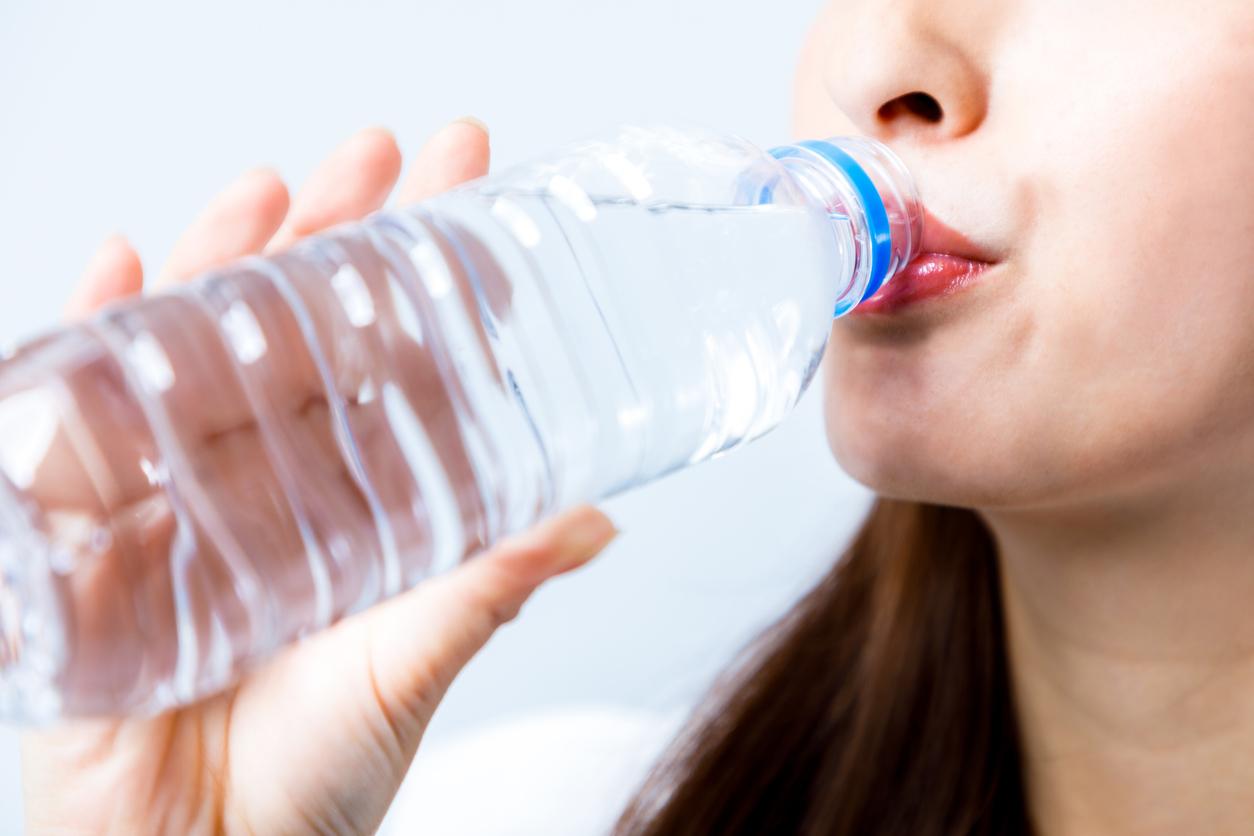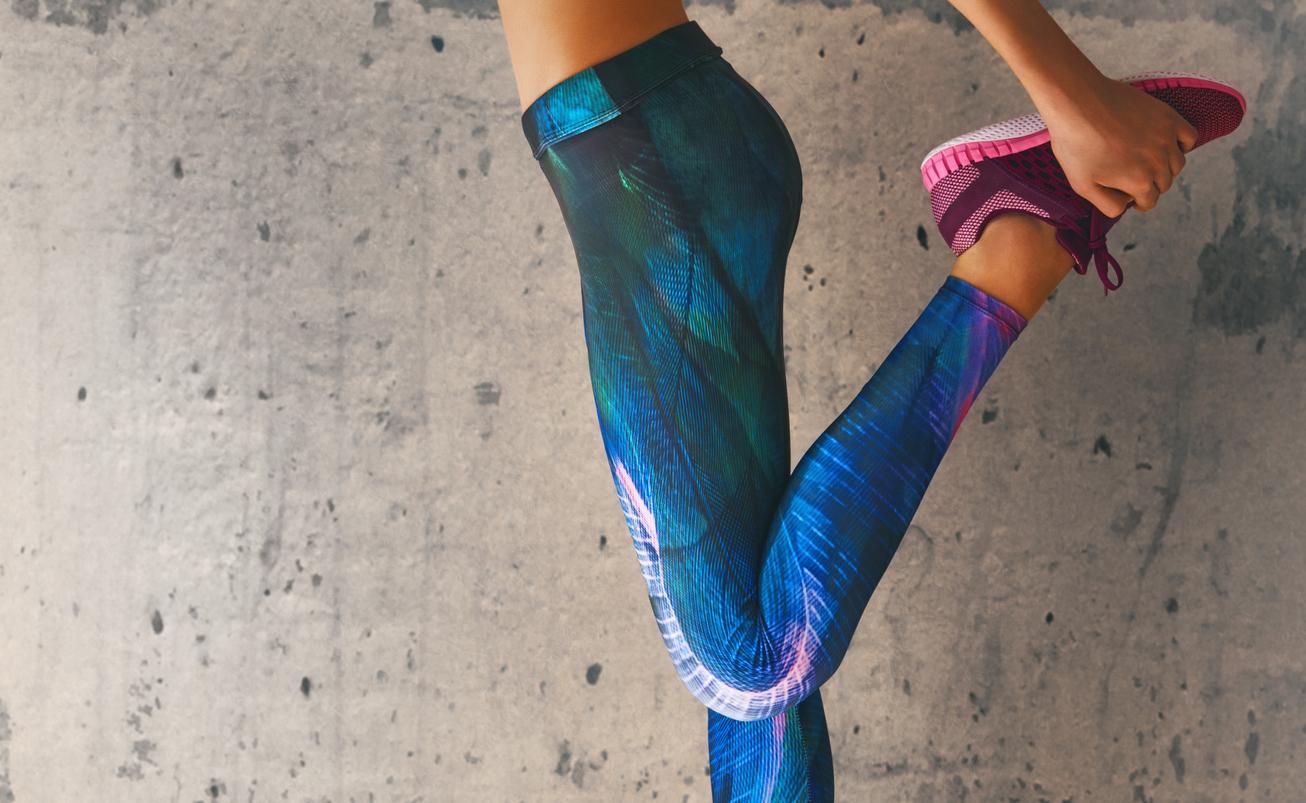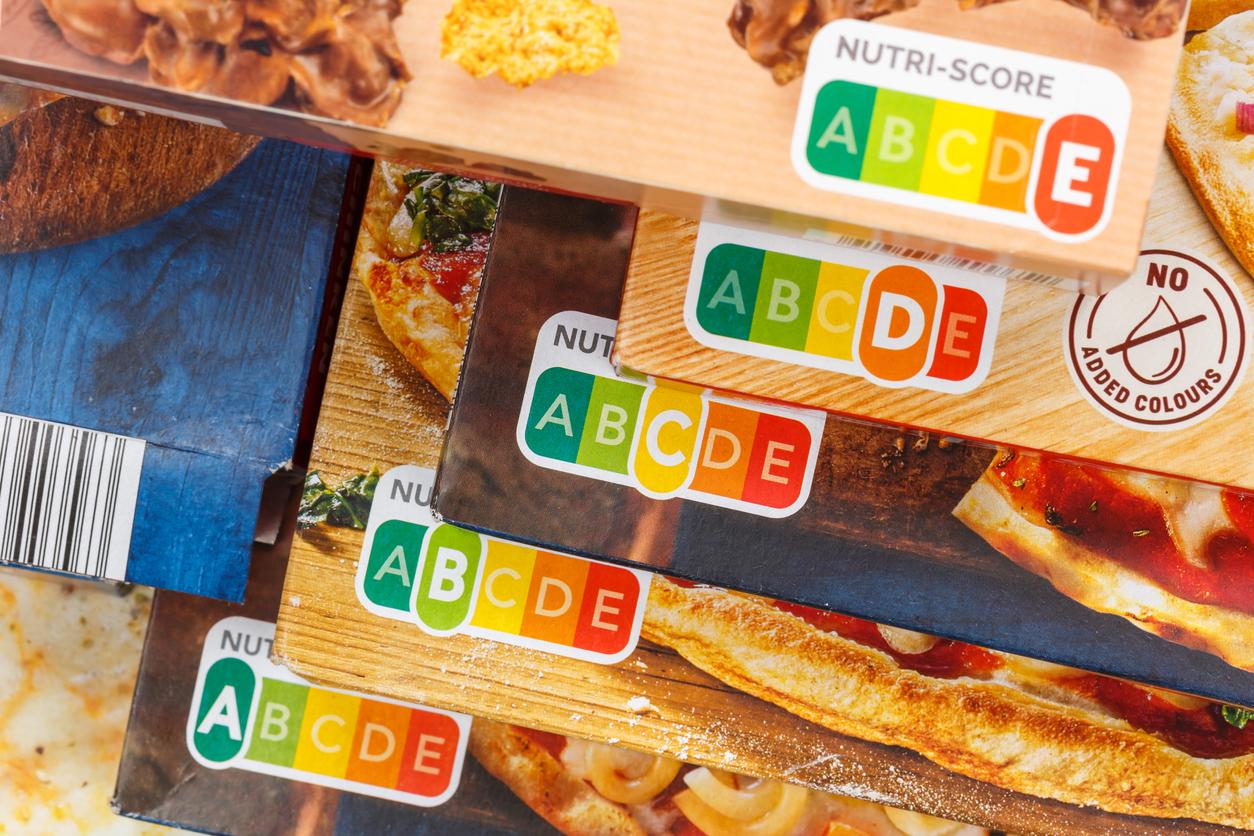Silicone molds, used in particular to make cakes, contain harmful substances which can contaminate food during cooking, according to the consumer association.
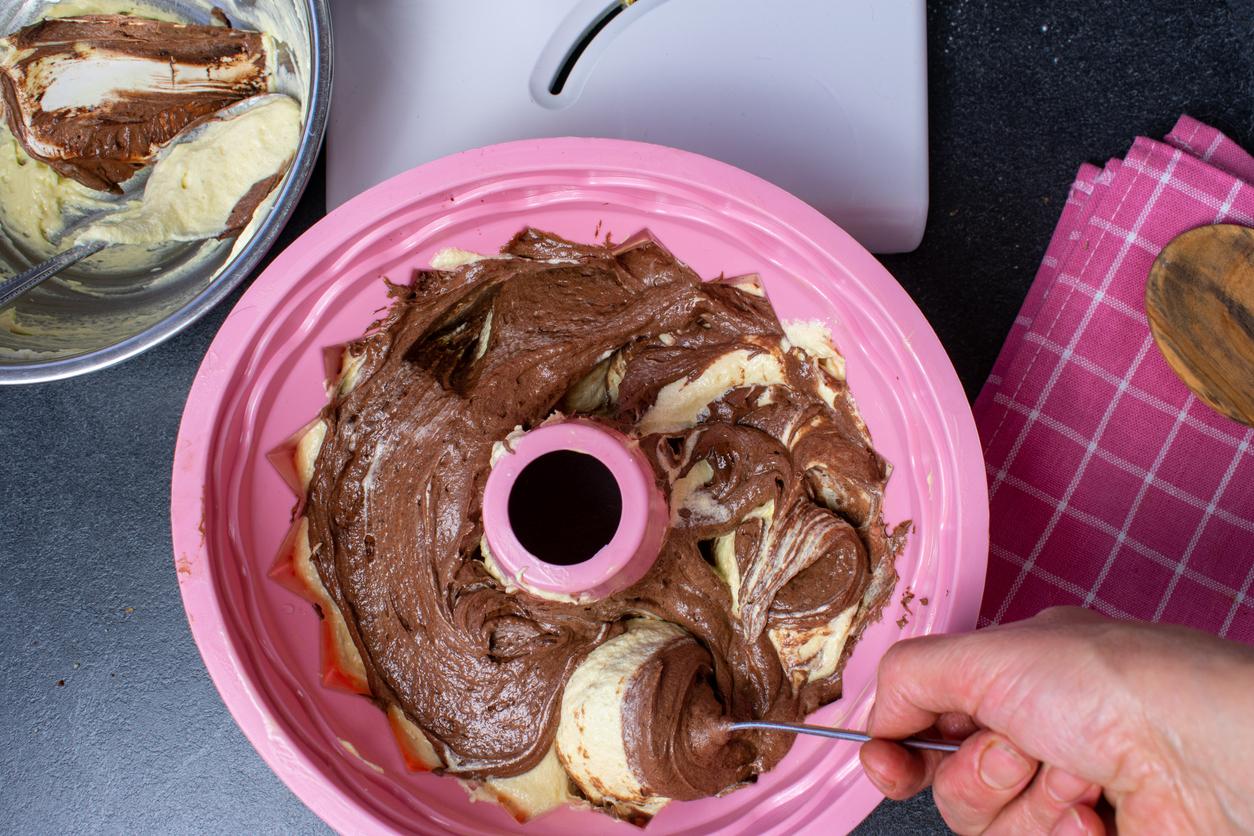
- Six products, “such as Carrefour Home and Aliexpress molds”, are to be avoided.
- They are composed of octamethylcyclotetrasiloxane, a substance considered to be of very high concern at European level.
- French regulations are more than 30 years old and are currently incomplete.
As the end of year celebrations approach, we will increasingly use silicone molds to make yule logs, cakes and pastries. Problem: these plastic products would be dangerous for our health. This was revealed by UFC-Que Choisir in its December issue. To reach this conclusion, the consumer association screened 29 molds marketed in stores and on the Internet. She was interested in the nature and evolution of the quantities of substances emitted during three successive firings in the oven.
These cake molds “let harmful” substances migrate into the food
According to the results, 23 out of 29 silicone molds are judged “unsure”because they contained particularly harmful components. “Most of the molds tested let substances migrate into food in high quantities, even in some cases particularly dangerous substances”can we read in his press release. When certain plastic products are used at very high temperatures, they release substances that can cause cancer, genetic mutations or damage to reproductive functions. According to the association, the presence of fat in cakes considerably accelerates the migration of mold components into the food.
The implementation of strict regulations for silicone molds
UFC-Que Choisir asks the European authorities to define a strict regulatory framework for these plastic products, by prohibiting all components whose dangerousness has been demonstrated or suspected. “In the meantime, the General Directorate for Competition and Fraud Prevention (DGCCRF) will carry out reinforced controls on this category of products”, the association said.








